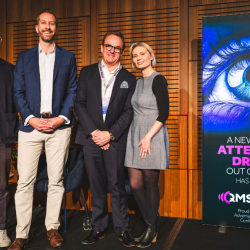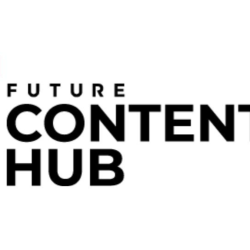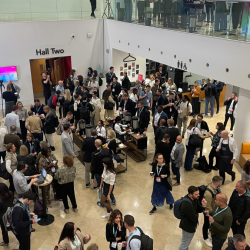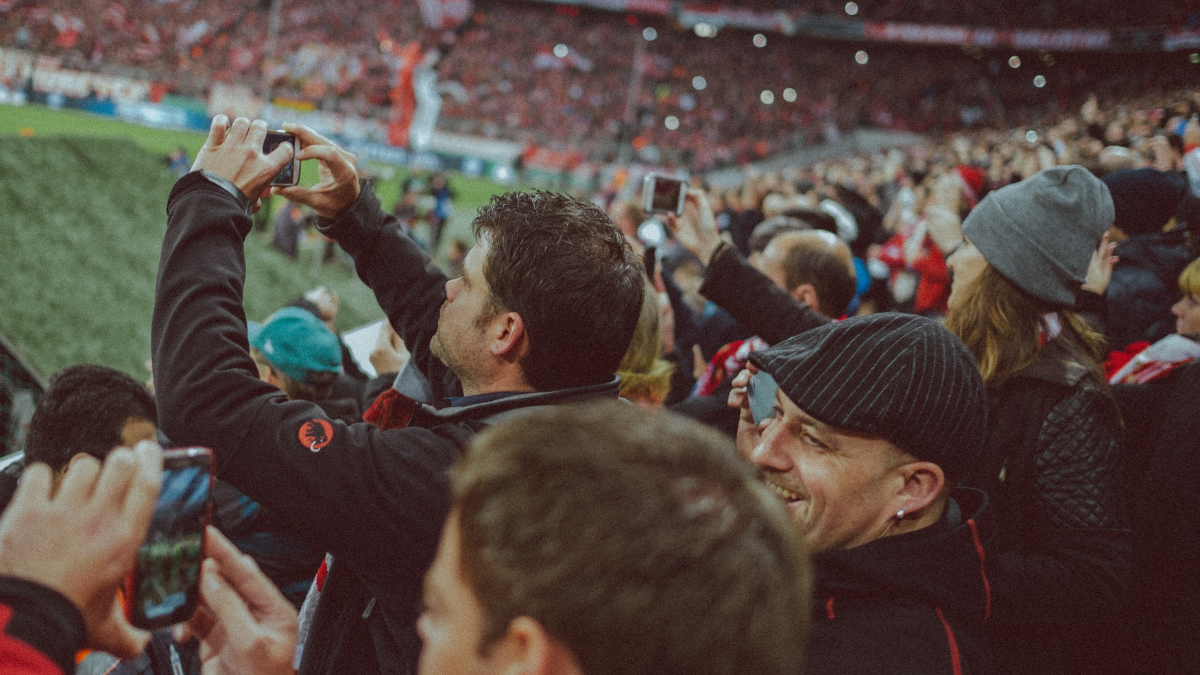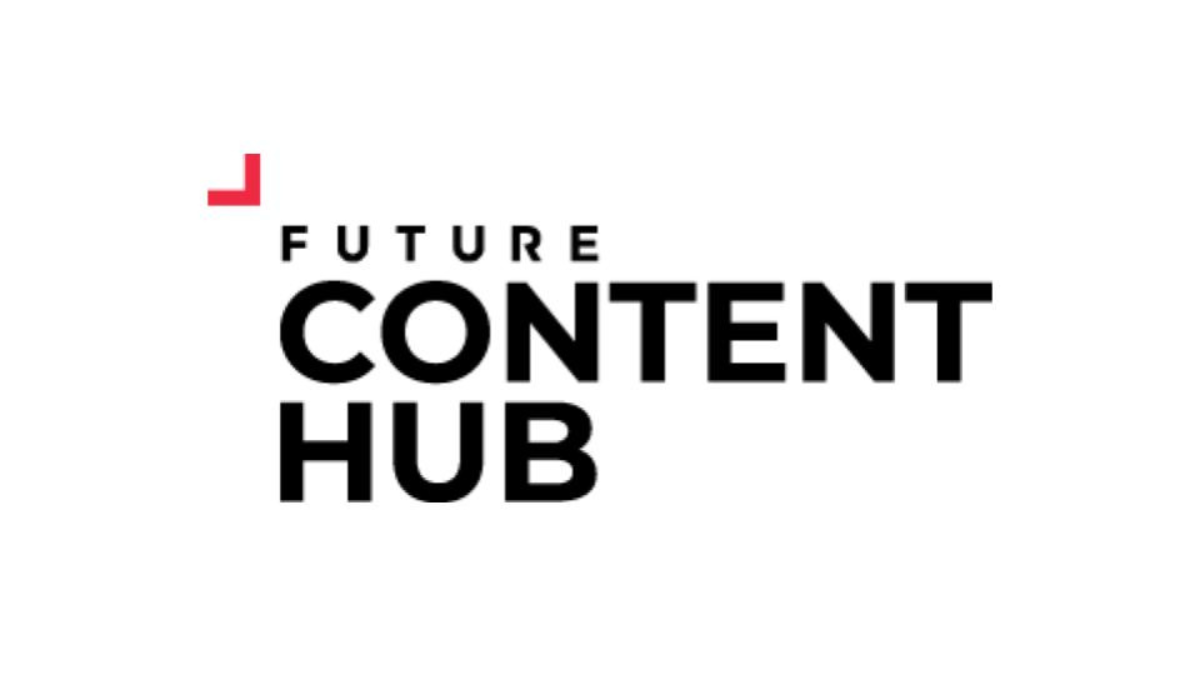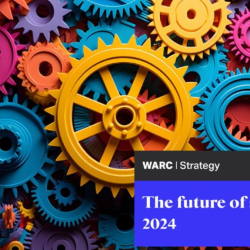Despite the odds stacked against it, the gambling sector seems to take the constraints placed on it in its stride. In fact, it remains one of the most creative and tech-savvy segments out there. I’m sure there are plenty of marketers who wish they were afforded the same freedom and agility that category enjoys. Whether you approve of it or not, the likes of Paddy Power, Bet365, and Ladbrokes are pushing the boundaries for contextual advertising, in particular, by using immediacy as a performance driver. As such, gambling has become a sector to pay close attention to.
Context is king
Gambling audiences expect an instant return, and this is what puts the segment ahead of the curve when it comes to technology. This becomes immediately apparent if you watch a live sporting event (but particularly football) in a group setting. Second screens are everywhere, whether you’re at a stadium or at the pub. It’s a marketer’s dream, more so if we consider how little personal data is needed about prospects:
- Are they old enough to place bets?
- Do they place bets?
- What screens are they using?
With these details in place, contextual ads displaying updated odds of the game — 5/1 for Grealish to score next for instance — are placed programmatically during half-time across TV, social media, and in-app. Targeted digital ads then nudge consideration into action. The audience is already engaged, so this approach is simple, elegant and immediate, but doesn’t veer into intrusiveness — after all, has any football fan really thought, ‘how do they know I’m watching the match?’
This isn’t rocket science: it meets an opportunity based on clear, contextual audience signals. This approach can work across categories, digital and physical.
The key factor that most marketers still miss is location. Shopping malls in particular offer great signals, and we know the average shopper is likely to spend around two hours in-situ… so where are the dynamic DOOH ads with an immediate call to action? For instance, if there are eye test appointments or beauty consultations available in the next few hours, then there’s a very good chance someone with time to kill would use a QR code prompt to book one, there and then.
Agility seals the deal
Contextual advertising requires marketers to be reactive, though, and being agile in a large organisation is difficult. Making it work needs coordination between internal and external teams, and that doesn’t just between marketing disciplines. It means breaking down the silos that exist between sales, marketing, IT, even operations. This is typically the biggest challenge to overcome, as it requires a cultural shift from competition to collaboration. This can only be mandated from the very top, and is a mindset change that needs to be planned and implemented carefully. Everyone needs to understand the rationale and buy-in, to the need for agile ideation and dynamic content as a supplement to the BAU marcoms activity.
Be brave
The need for bravery should extend externally, too. The gambling firms have never been shy of controversy, Paddy Power built its brand around it. While I’d typically advise my clients to avoid poking fun at national institutions like religion, royalty, government, or — whisper it — Costa Coffee, it doesn’t mean they should be afraid of showing a little personality. Gambling brands recognise how this aligns with the community. This often translates to commenting on the same (sporting) events, results and performances and in the same vernacular their audience would with their peers.
This content lends itself to viral consumption on social media, and often makes its way into WhatsApp groups. This approach is, of course, more challenging for brands with broad and diverse customer bases, but that shouldn’t preclude them from taking a stance on societal issues, if it supports swathes of their customers.
Not every brand can be a Patagonia, and nailing your flag to the wrong cause can do more harm than good. However, purpose will matter even more if the UK dips into recession next year. (Relevant) brands that can authentically bring value to their audience during challenging times (through timely and useful products, offers and advice) will in turn reap the benefits of customer advocacy over the longer term.
The long game
Any industry needs mavericks, and the gambling firms have had to occupy this niche by default, given how closely regulated this industry is. However, we can’t dismiss this sector as an outlier, national lottery sales broke £8 billion in 2021. The coming year marks a crossroads as Allwyn takes over the national lottery from Camelot, after nearly 16 years. The new licence holder promises to ‘have a fresh look at how we can do it for the next 10 years’, which will likely mean a renewed focus on attracting a new generation of players.
It’s a big ask, and I look forward to seeing how they approach the challenge. Win or lose, there will no doubt be further lessons for all marketers.
So place your bets… now.
Featured image: Tobias / Pexels




